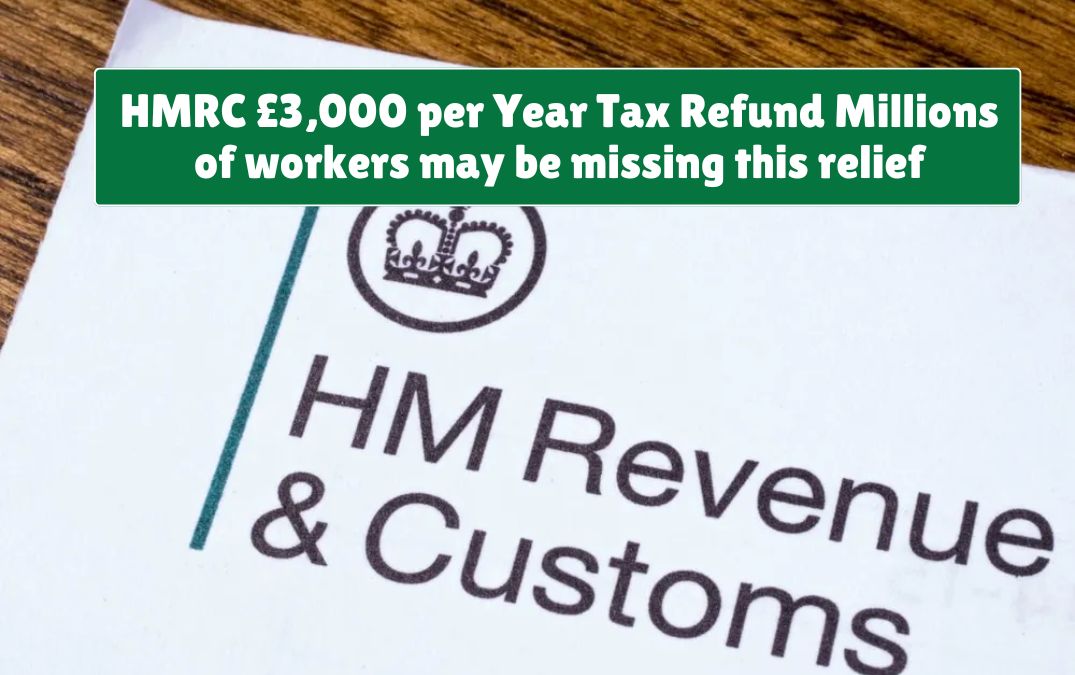This week has been full of important government announcements for the UK construction industry. From skills training to new towns, these updates have sparked strong reactions from key industry bodies, highlighting both support and concerns.
HBF Calls for Action on Skills Training and Workforce Growth
The Home Builders Federation (HBF) responded to Deputy Prime Minister Angela Rayner’s commitment to building 1.5 million new homes by 2029, stressing the urgent need for more support. According to the HBF, the construction workforce must grow by 25%, requiring around 224,900 new workers.
Their State of Play report highlights that 35% of small and medium-sized home builders see a shortage of skilled workers as a major barrier to building new homes. For every 10,000 homes built, 30,000 new workers are needed, including 2,500 bricklayers, 2,500 plant operators, and 1,000 carpenters.
As National Apprenticeship Week ends, the HBF urged the government to boost construction recruitment by increasing funding for education and apprenticeships, reducing bureaucratic hurdles for SMEs, and promoting the construction industry as an attractive career choice. They also called for reforms to the Apprenticeship Levy to make funding more flexible and accessible, especially for smaller employers.
Neil Jefferson, HBF’s chief executive, emphasized that while the homebuilding industry is committed to solving the skills crisis, government support is essential. Without immediate action, the skills gap could hinder housing supply, productivity, and economic growth.
CIH Welcomes £350m Social Housing Boost and Action on Rogue Landlords
The Chartered Institute of Housing (CIH) expressed support for the government’s £350 million investment in housebuilding and measures to tackle rogue landlords. CIH CEO Gavin Smart highlighted that increasing affordable housing is crucial to addressing homelessness, supporting local councils, and driving economic growth.
Smart praised the decision to allocate 50% of the new Affordable Homes Programme (AHP) investment to social rent homes, which are the most affordable and urgently needed. He also welcomed the expansion of the Local Housing Fund, which will help councils provide temporary accommodation for vulnerable people.
The CIH hopes that future government budgets will maintain long-term investment in affordable housing and support the implementation of the Supported Housing (Regulatory Oversight) Act to improve living conditions for vulnerable tenants.
NFB Supports New Towns Plan for Housing Growth and SME Opportunities
The National Federation of Builders (NFB) welcomed the government’s plan to develop over 100 new towns across England, each providing at least 10,000 homes. NFB chief executive Richard Beresford highlighted that new towns can set affordable housing prices, attract businesses, and ensure well-planned infrastructure.
Rico Wojtulewicz, NFB’s head of policy, emphasized that supporting SMEs in these new developments is crucial, as SMEs train most construction apprentices and hire locally. He also noted that this plan could address criticisms of the current planning system, which has been called anti-competitive by the Competition and Markets Authority (CMA).
RIBA Praises Social Housing Boost and Sustainable New Towns
The Royal Institute of British Architects (RIBA) applauded the additional funding for social housing, which will create 2,800 affordable homes and 250 council homes. RIBA president Muyiwa Oki welcomed the focus on well-designed new towns with green spaces and essential infrastructure.
Oki highlighted RIBA’s Foundations for the Future report, which proposes using public land for mixed-tenure developments to reduce social housing costs and reinvest profits for future projects. He urged the government to explore innovative solutions like this to meet the growing demand for affordable homes.
The UK government’s recent construction announcements have received mixed reactions from industry leaders. While many welcome the focus on building new homes and supporting affordable housing, concerns remain about workforce shortages and funding challenges. Strong partnerships between the government and the construction industry will be essential to achieving housing targets and ensuring sustainable growth in the coming years.














